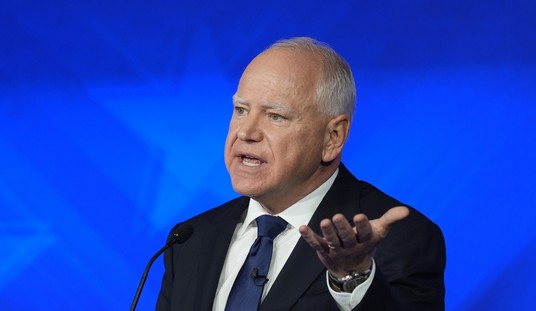When we think of governments getting involved directly in the business of modulating population growth, one of the first – and most horrible – examples that comes to mind is China. But they’re looking to reduce the population. What about government programs which seek to invest in creating more people? Apparently it’s not a new idea, as explained in an essay by Doug Sanders, dealing with the “fertility panic.”
We have entered the age of the fertility panic. Country after country is discovering that smaller families are causing the population to shrink, which means more old people, and therefore higher government expenses and lower tax revenues. And many of those countries are then jumping to the wrong conclusion: that they should persuade people to have more kids.
The latest victim is the United States, which until recently was proud of its big, corn-fed families, but discovered last year that the economic crisis and constricted immigration have pushed its average family size down to 1.9 children, below the 2.1 needed for population stability.
This has led a number of American voices to propose what European countries have been doing for more than a decade and what Quebec has tried since the 1980s: attempting to create larger families through policy.
Apparently, Canada has an even lower birth rate, at 1.59. (A fact they currently offset by bringing in an average of 300,000 immigrants per year.) Germany spends 200 billion euros a year trying to get more people to have babies, but are still looking at an average of 1.39 children per family. It seems that France has been the only one to pull it off, getting to 2.1 children per family by giving $1,000 a month for a year to any mother willing to have a third child. That works out to a pretty hefty price tag.
But is this really the government’s job, and is it a sustainable solution going forward? It seems rather counter-intuitive that governments would be working to expand the population of a planet already hosting more than seven billion of us. Further, if the only purpose of creating succeeding generations which are larger than the last is to pay more money into the entitlement system to support them as they age, there’s got to be a point of diminishing returns down the line in that formula. (Not the least of which is the point where you begin running out of food to feed them all.)
If this is a new fad in government policy, I think I’ll pass. Simply producing larger raw numbers of people is no substitute for a society where families produce the children they can love and afford to raise. And the quality, talents and ambition of each generation seems far more important than their sheer tonnage. A fertility panic is probably like most “panic” events, and people who respond in panic mode rarely make good decisions.








Join the conversation as a VIP Member